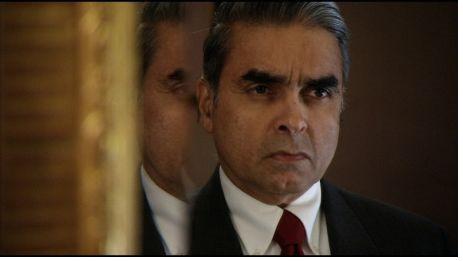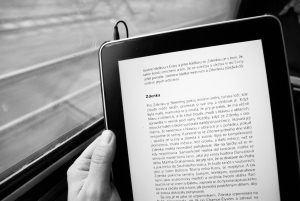Beyond the Age of Innocence: Rebuilding Trust Between America and the World
Reviewed by Yael Swerdlow
Is there a public diplomacy remedy for betrayal? Kishore Mahbubani‘s Beyond the Age of Innocence: Rebuilding Trust Between America and the World attempts, with honesty, eloquence and heart, to answer this question. Published in 2005, when anti-American sentiment was, according to many polls, increasing rapidly, Mahbubani‘s analysis of America‘s impact on the world, is an invaluable read for global leaders and the general public alike. For those still asking, “why do ‘they‘ hate us?” this book offers a perspective from the proverbial ‘they‘.
As earlier reviews have stated, Mahubani‘s book is elegantly and courageously written. It is balanced in its portrayal of both America as a country and Americans as a people. The author takes great pains to illustrate the nuances of the rest of the world‘s view of Americans as a generous, albeit non-worldly society and the actions of America, the superpower. He guides the reader through the psychological impact of an American foreign policy that can encompass both instant friendship and abrupt abandonment. The image that emerges is one of a super power making its decisions from an insular, isolationist and reactive psyche, not as the leader of the free world fully conscious of its perceived values and opportunities to drive much of the world‘s dreams.
Beyond the Age of Innocence author, Kishore Mahbubani
© Tegenlicht
Mahbubani devotes much of the book to the United States‘ evolving (and in many cases, devolving) relationship with Islamic nations and the religion itself as it applies to the current global fight against terrorism.
Using the United States‘ relationship with Pakistan as one example, Mahbubani highlights America‘s wooing of Pakistan as a strategically important ally during the Cold War, when the Soviet Union and the United States were carving up the map of the world into West and East camps. America‘s friendship with Pakistan was seen by the U.S. through the prism of its loss of India as an ally to Russia.
After the Cold War, the United States often vacillated between canceling its foreign aid to Pakistan, or severely curtailing the amount. This caused Pakistanis—even until today—to see America as a fair-weather friend that makes its decisions based solely on national interest with no concern for the freedom of the Pakistani people. Moreover, Mahbubani also points out that while the U.S. consistently purports to value human rights and trumpets its support for democracy and liberty worldwide, a different reality emerges when its national interest is the motivating factor. Thus, for the people of Pakistan, the U.S. conveniently ignores its most cherished values to deal with any military despot, dictator and human rights abuser in favor of advancing its strategic interests. Pakistan is left with the feeling of betrayal by the world‘s superpower.
In 2005, when Beyond the Age of Innocence was first published, the United States was, in my mind, akin to a deer caught in the headlights not fully comprehending the anti-American backlash spreading around the world. This was evident, according to Mahbubani, in America‘s closely held self-image: that of a country loath to be perceived as just another cynical nation acting solely out of national interest, even though it wants the freedom to do just that. America—and even more-so, Americans—wants to be viewed as consistent in its values and actions. Indeed, much of our public diplomacy attempts to convey our values to the rest of the world. But if America has demonstrated, as Mahbubani contends, that it is an unreliable ally, where does this leave America‘s public diplomacy?Especially since renewed efforts are underway to court the Pakistani people to be our allies in the fight against terrorism. How does America re-establish trust with a country that feels alternately seduced and abandoned? If successful public diplomacy is walking your talk, what does America have to do to reassure Pakistan of its long-term sincerity?
It is my hope that policy-makers read Beyond the Age of Innocence as both a historical analysis and as a cautionary tale to answer these questions and to aid in crafting U.S. foreign policy, toward Pakistan and other countries. Quite simply, it is essential reading, not just for Americans, but for all who seek to build a better world based upon consistency in both words and deeds.
Tags
Issue Contents
Most Read CPD Blogs
-
January 29
-
January 20
-
January 28
-
January 2
-
January 8
Visit CPD's Online Library
Explore CPD's vast online database featuring the latest books, articles, speeches and information on international organizations dedicated to public diplomacy.










Add comment